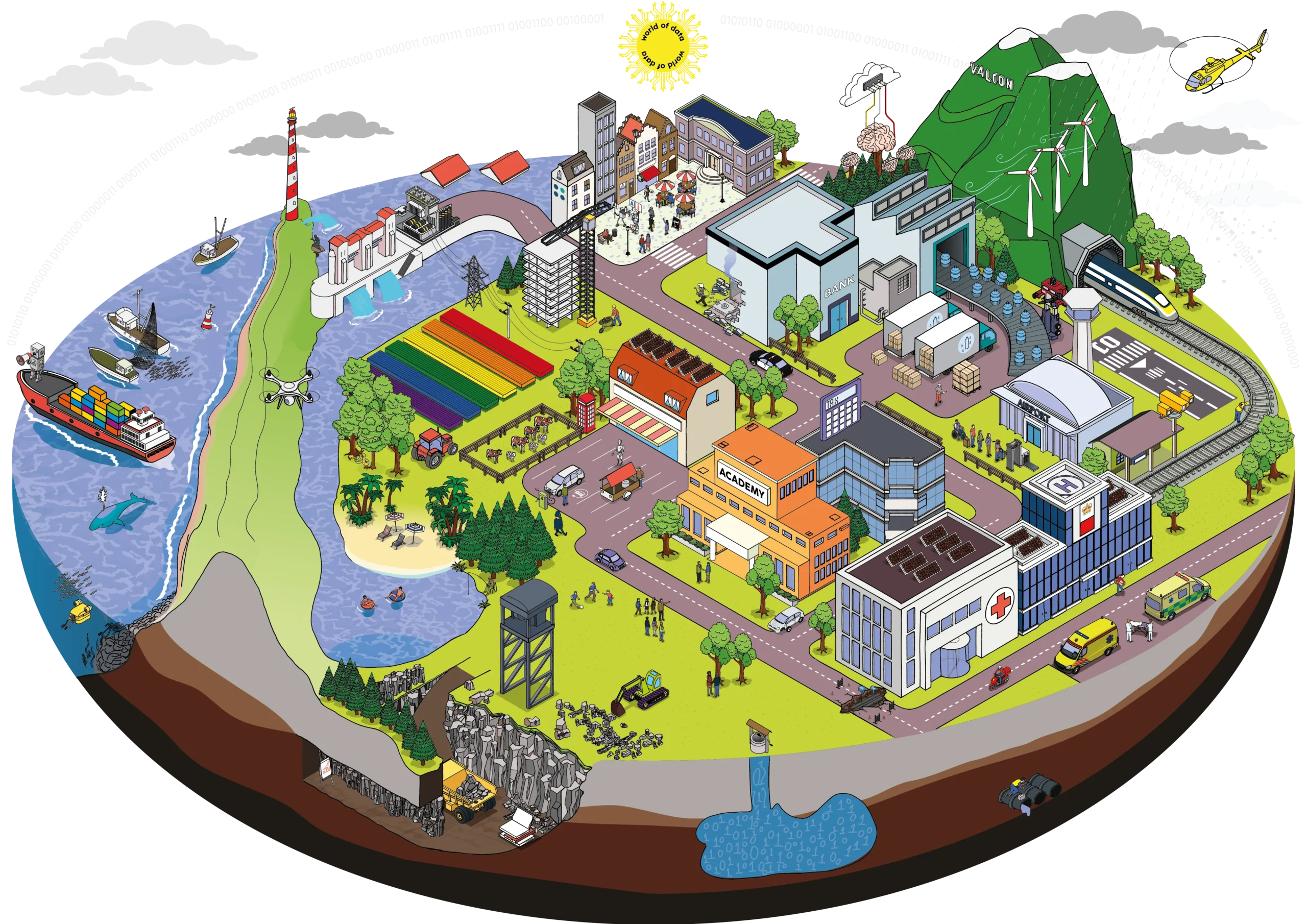What is a native app?
A Native app is designed for use on a specific platform or device. It can provide optimised performance and leverage the latest technologies, such as biometrics or augmented reality, unlike web apps or mobile cloud apps that are designed to work across multiple systems.
Performance
The most important factor when choosing between React Native and Native development is the app’s performance.
React Native uses JavaScript, which works with only a single dedicated device thread. It cannot run multiple asynchronous tasks simultaneously. Also, the framework does not support many current modules and functionalities. This makes it incompatible with using native device features, cutting-edge technologies, and performing complex manipulations.
Native apps, on the other hand, are developed using Swift, Java, or Kotlin. These are far better suited than JavaScript to work with advanced features, perform extensive computations, and integrate advanced hardware devices. This makes it easier for mobile app developers to create any kind of application using Native technologies.
Long-term app scope
Another factor to focus on when deciding what to pick for app development is its long-term scope. The Native platforms, supported by Google and Apple, easily get the tools to implement any functionality, resolve errors and launch updates without affecting app usability.
React Native, on the other hand, does not keep updates as the top priority. The tools and updates are not launched in sync with Apple and Google, making it critical to build and launch future updates. Besides, there’s less certainty about how long the support continues, which again puts a question mark on if one picks React Native/Flutter for a long-term app process or not.
Interactivity with Native Apps
Interactivity with Native apps is another key factor that highlights the difference between React Native and Native approaches. A Native mobile app can easily interact with other Native apps and access their data to provide an exceptional experience.
This is not possible with React Native. React Native apps rely on third-party libraries to communicate with other Native apps, which limits data access. This makes React Native the right choice for mobile app development if your app requires continuous interaction with other Native mobile apps.
API and third-party library support
When it comes to API accessibility, the Native app development frameworks can directly use all types of APIs. Whereas the same is not possible in the case of React Native technology. React Native apps can use only a few APIs in their development processes. For implementing complex APIs, you need to build a connection layer using Native technologies. This indicates that Native is a better choice over React Native when you have to add many APIs.
Augmented Reality (AR)
Mobile platforms like Apple and Google are continuously delivering new and improved AR toolkits for developers. Google offers ARCore for Android developers, while the iOS platform offers ARKit 1.5, loaded with enhanced AR-based features for building immersive AR applications. While both toolkits are seemingly complete and rich with features for their respective platforms, they are platform-specific and don’t allow cross-platform rendering.
Conclusion
As you can see, Native apps are characterised by a high level of performance and responsiveness, which is the main reason why their development is a top priority for many companies. Since these apps are developed for a specific operating system, companies can be sure that their customers will have the best possible experience.
Want to know more? If you are still trying to decide which approach to take when it comes to app development, let Valcon help you. Feel free to email [email protected] to discuss the options for your business needs.













